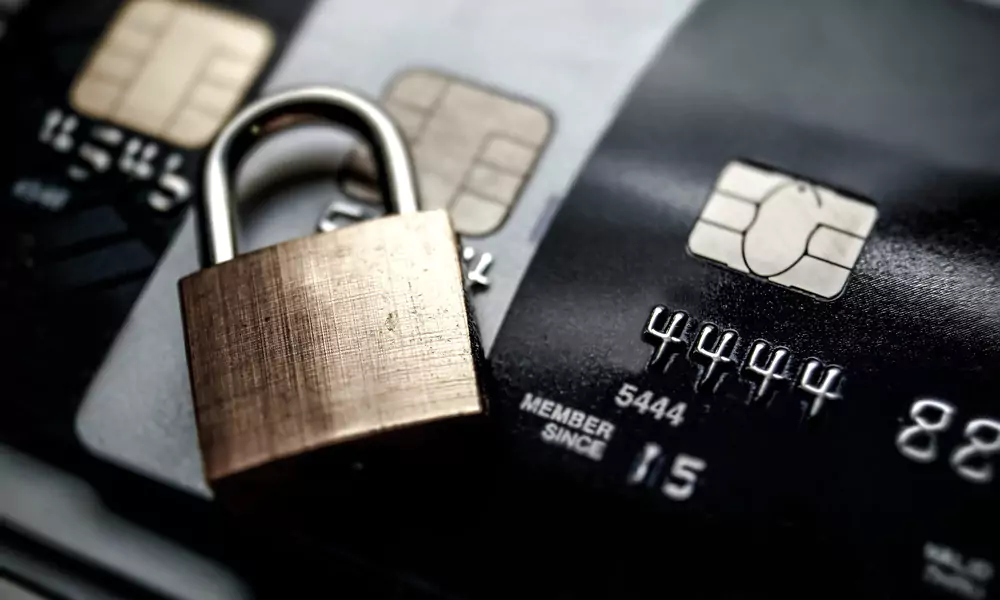What is PCI Compliance?
Payment Card Industry Data Security Standard (PCI DSS) is the set of rules established by the Payment Card Industry to protect cardholder information. The requirements ensure that companies with a Merchant ID (MID) store, transmit and track credit card information securely. PCI DSS is administered and managed by the Payment Card Industry Security Standards Council (PCI SSC), an independent body created by the major payment card brands (Visa, MasterCard, American Express, Discover and JCB) in 2006 to reduce credit card fraud.
Where can I find the PCI Data Security Standard (PCI DSS)?
There are 12 basic requirements in the current version of the standard, version 2.0. PCI DSS 3.0 is the new version that will be required in 2015.
Is Upserve PCI Compliant?
Yes, Upserve delivers reliable and scalable technology that keeps merchant and consumer data safe and secure at every step. Upserve has highest levels of security accreditation:
- PCI DSS Level 1 Compliant
- 256-bit EV SSL encryption
- SOC 1/SSAE 16 secure data centers
- IS0 27002 3d party security audits
- TrustE certified protection
Nevertheless, working with Upserve does not mean that a merchant’s POS is compliant, as these are separate systems that require separate certification. Contact your POS provider to make sure you’re protected.
Do small businesses need to be PCI Compliant?
PCI applies to all merchants who process credit or debit card transactions regardless of the size or number of transactions. Merchants must be able to demonstrate PCI compliance across all IT systems that store, transmit, or track cardholder data.
What’s the benefit of being PCI Compliant?
By making sure your business is PCI Compliant, you protect your customers’ personal data from breaches, prevent against unscheduled business downtime and ensure that customers trust your brand.
You also protect your business from paying hundreds of thousands of dollars in penalties and fees that can include:
- Investigation of your point-of-sale (POS) system
- Non-compliance fines with VISA and MasterCard
- Reimbursement for purchases made using stolen cards
- Replacement for stolen credit cards
- Higher transaction fees from your bank
Is my POS PCI compliant and, if not, how do I upgrade?
Work with your POS dealer or value added reseller (VAR) to check if your version of your POS system is current and compliant. At this time, you’ll want to assess what data you store on your POS, and create a system for only storing what you need. n order to become compliant, you may need to upgrade your hardware and/or software for a fee. This is the price of doing business securely and is an investment in the future of your business. Merchants have found that it’s more expensive to pay non-compliant penalties than to take preventative measures.


